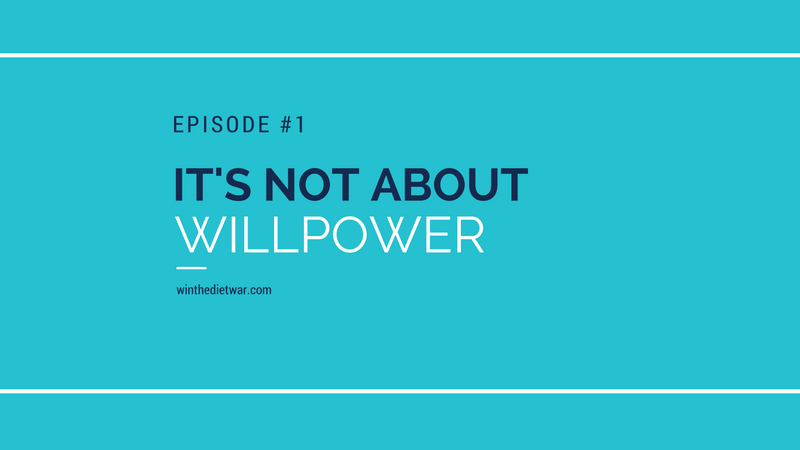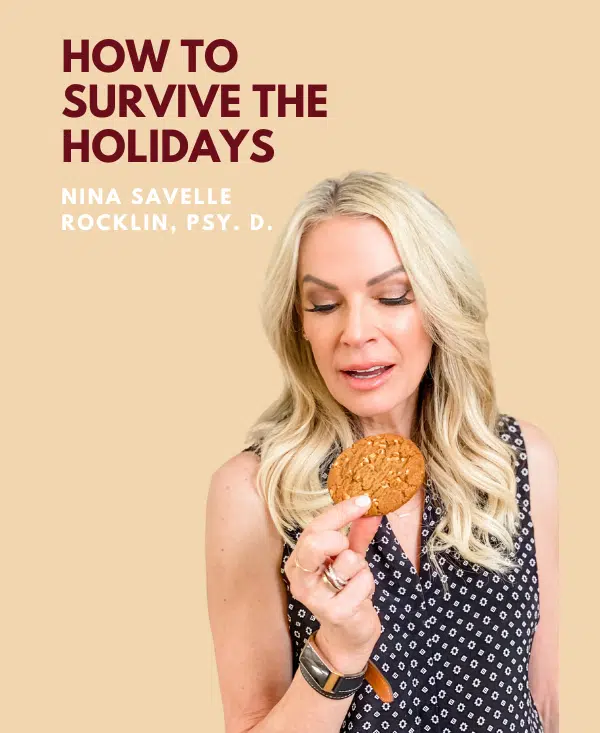Do you think you need to lose weight in order to feel better about yourself? It’s actually the other way around. When you gain confidence, it’s easier to lose weight. Dr. Nina explains the various aspects of self-esteem and helps identify the blocks to your self-worth so that you can feel good about yourself.
What Do You Want To Lose?
Do you imagine that when you lose weight, life will be better? Whether you want to lose 10, 20, 50, 100 pounds or more, you may have some ideas that are weighing you down. In this episode, Dr. Nina explores what the number on the scale means to you and how it impacts your self-esteem. By gaining confidence, you’ll feel better and develop a healthier, happier relationship to food.
Stay Out of Your Head (and the fridge)
Are you trying to think away your emotions? Many people use logic to try to talk themselves out of their anger, sadness, fear, anxiety and/or guilt. Problem is, what you know intellectually doesn’t affect what you feel emotionally. Dr. Nina helps you stop over-thinking and start feeling, so that you’re less likely to turn to food when you’re upset.
What NOT To Say
Does your spouse, partner, friend or loved one struggle with weight, food or body issues? Dr. Nina explores what NOT to say, and also discusses what is most helpful to people dealing with these concerns. She provides guidance on how to express concern without blaming or shaming, and gives tips on the best way to communicate.
Needs? Who Needs ‘Em?
Dr. Nina explains the difference between “having needs” and “being needy.” We all have basic human needs for love, connection, attention, and so forth. If you can’t get those needs met from relationships, you’re vulnerable to turning to food as a substitute – using food for comfort, soothing, and other things that ideally you’d get from people. Dr. Nina helps you get in touch with what you’re missing in life, so you can fill up those empty part, instead of filling up with food.
The ‘F’ Word:
Dr. Nina talks about the “F” word: Feelings. She discusses seven basic feelings that often lead to overeating. Learn to identify, gauge, and process a range of emotions, so you won’t need food to escape what you’re feelings. Dr. Nina helps you be curious about yourself, instead of critical. When you can figure out what you’re feeling and respond to yourself with words, you’re less likely to turn to food.
It’s Not About Willpower
[powerpress]
Do you think you’re addicted to carbs, sugar or junk food? You’re not! Dr. Nina explains that overeating is a “symptom” of the problem, not the actual problem (although it definitely feels like “the” problem). She helps identify the emotions and conflicts that may lead to bingeing or overeating and gives you tools to cope. When you can recognize and process what’s going on inside, you don’t need food to cope, distract, numb or comfort yourself.










